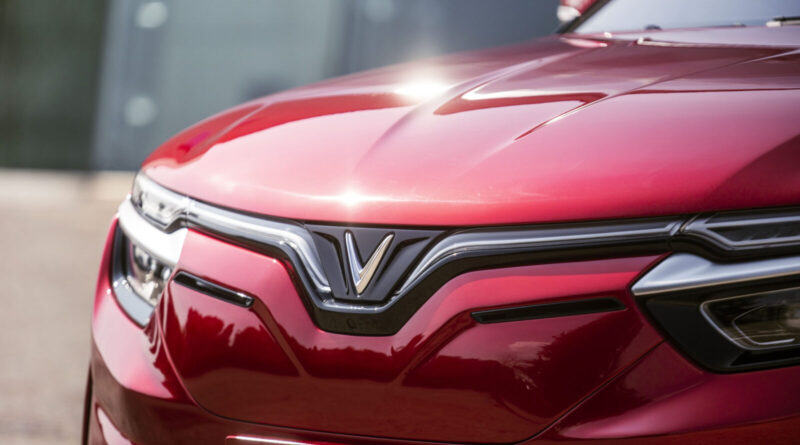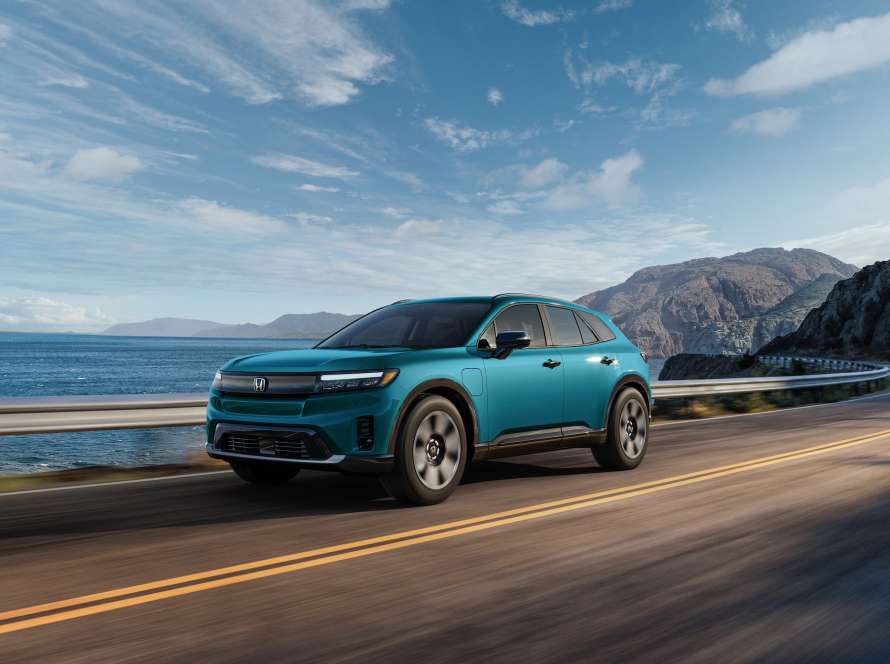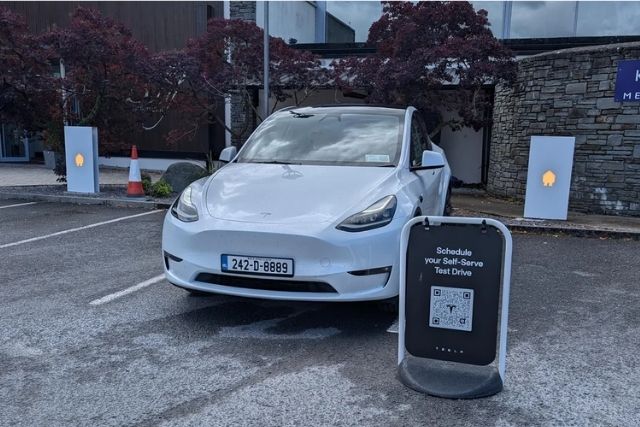EV Adoption Is About More Than Batteries
The shift to electric vehicles isn’t just about better batteries or lower prices anymore. It’s about creating an effortless ownership experience—one where range anxiety disappears, charging is seamless, and support is always within reach.
Despite 17.1 million EVs sold in 2024, mass adoption still faces hurdles. Many potential buyers hesitate, not because of the cars themselves, but because of uncertainty around charging, service, and long-term reliability.
VinFast’s Ecosystem Strategy
Some automakers are tackling this head-on, and VinFast is leading the charge. The company isn’t just building EVs—it’s building an entire ecosystem to make ownership stress-free.
Charging Infrastructure
In Vietnam, VinFast has installed chargers every 3.5 km in cities and every 65 km on highways, far exceeding the U.S. standard of one every 80 km.
In Indonesia, VinFast is partnering with V-GREEN to install 30,000 chargers by 2025, with another 100,000 planned through external partnerships.
Ownership Perks
A buyback program guarantees up to 90% of the original price, easing financial concerns.
In Canada, VinFast offers an industry-leading 10-year/100,000 km warranty and has integrated its app with 95% of public chargers.
Backed by Vingroup, Vietnam’s largest private conglomerate, VinFast prioritizes long-term infrastructure over short-term profits—something many legacy automakers struggle with.
Can Legacy Automakers Keep Up?
Traditional carmakers are investing in battery tech and charging networks, but their transition is slower and less cohesive. Governments are stepping in, but progress remains uneven. Without a full ownership ecosystem, EVs risk staying a niche market rather than becoming the default choice.
The Future of EVs: More Than Just a Car
For most buyers, an EV isn’t just about the vehicle—it’s about confidence. Will they find a charger? Can they get reliable service? Will their investment hold its value?
The companies solving these problems today will shape the future of electric mobility. Those that don’t might fade into history—just like the first wave of electric pioneers.



